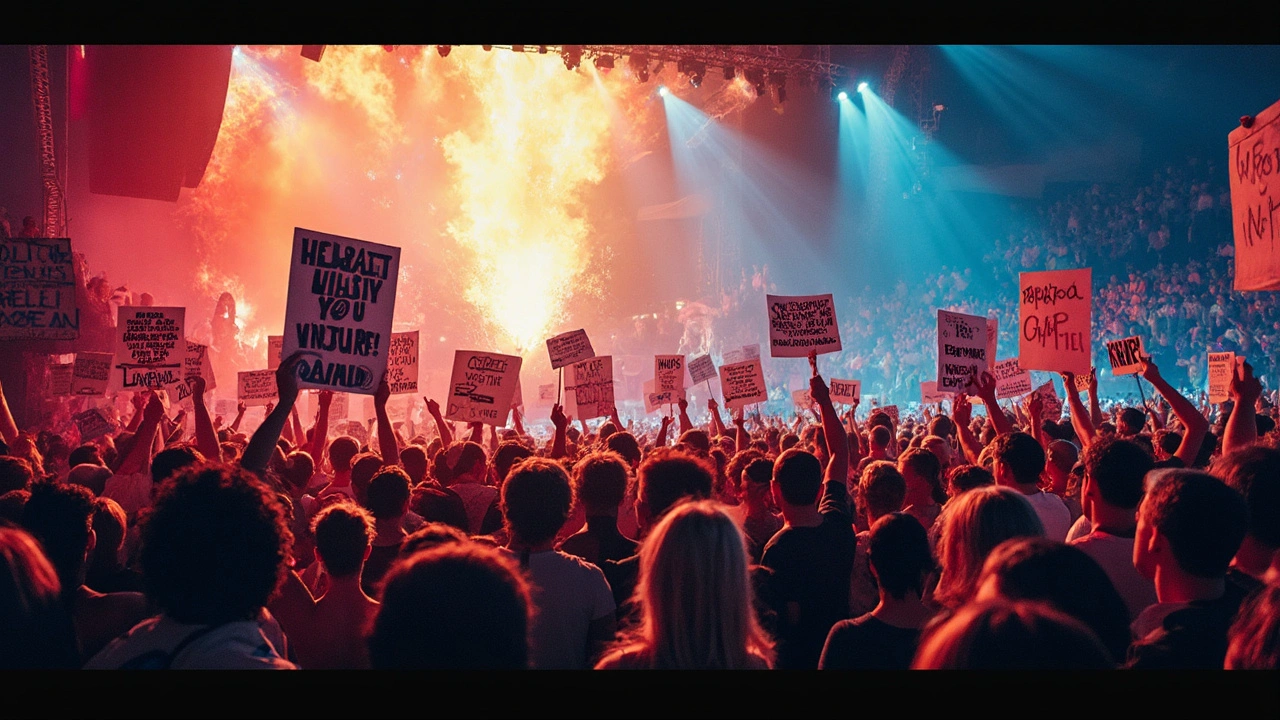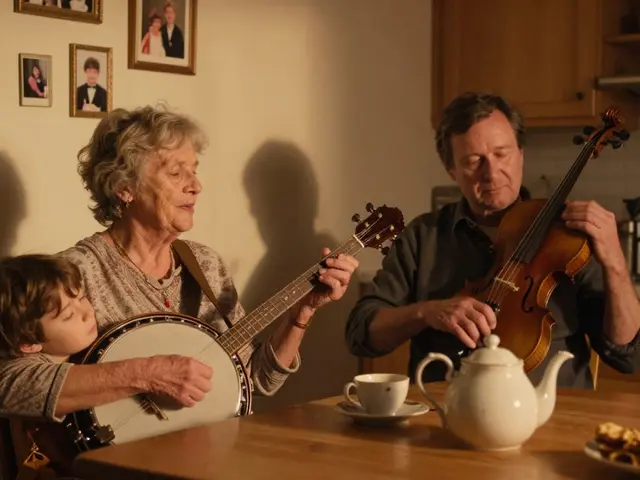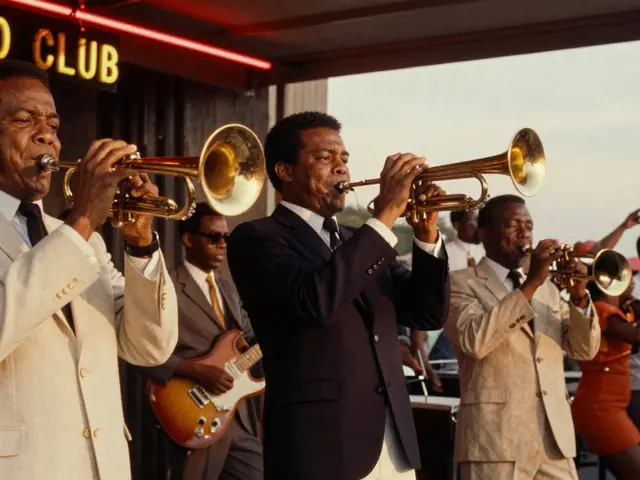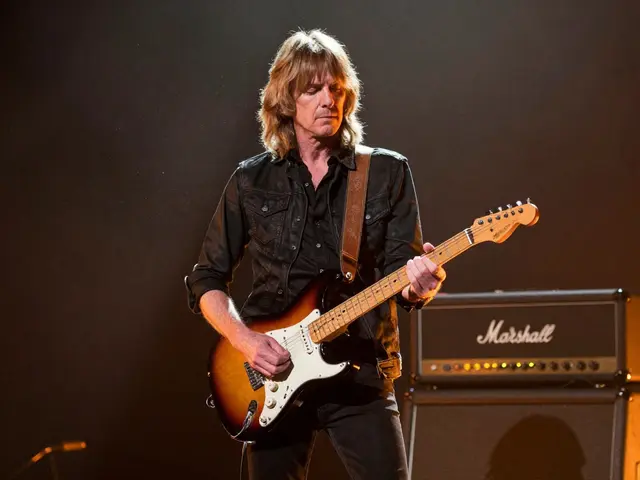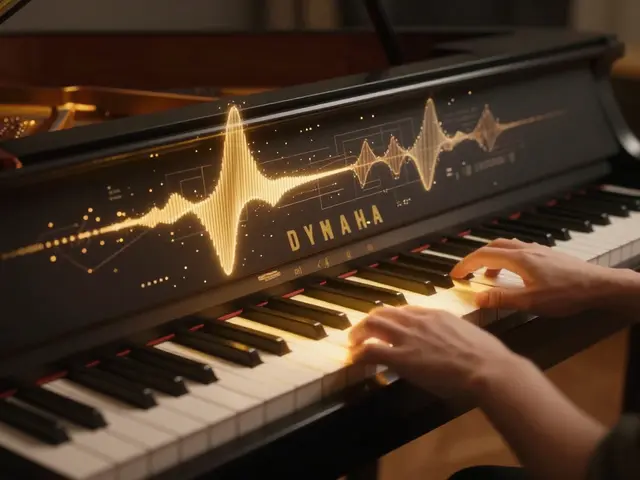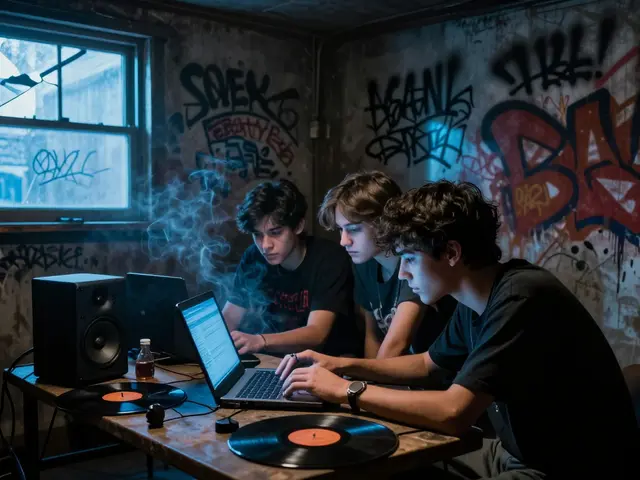Pop music isn't just bubblegum beats and catchy hooks; it's a megaphone for voices demanding change. As far back as the 1960s, artists have used their platforms to challenge the status quo and rally listeners around vital causes. Bob Dylan's 'Blowin’ in the Wind' echoed through civil rights movements, and that activist spirit is alive and cranking up the volume today.
Modern pop stars aren't shying away from tough topics either. Think of Beyoncé's visual album 'Lemonade' that fueled discussions on race and identity, or Billie Eilish using her chilling tunes to comment on social and environmental issues. They're not just making hits; they're making statements.
So, what makes pop music such a strong tool for activism? It's simple: accessibility. A catchy tune or poignant lyric can reach millions faster than any manifesto. Plus, music bypasses barriers, hitting straight at emotions and prompting listeners to rethink their perspectives and even take action. Next time you hear a song on the radio, listen closely—you might just catch a call to change the world.
- The History of Pop Music Activism
- Iconic Artists Making a Difference
- Decoding Political Messages in Songs
- Engaging with Music-Driven Movements
The History of Pop Music Activism
Pop music has a long-standing history of shaking up the political scene. It all kicked off in the tumultuous 1960s when artists took full advantage of their music influence to challenge societal norms and speak against injustice. Think about it: the decade wasn't just about groovy tunes but groundbreaking statements. The Beatles sang about love and peace, and Bob Dylan's 'The Times They Are a-Changin'' became an anthem for progress and protest.
The 1970s didn't shy away from activism either, with Marvin Gaye's 'What's Going On' calling out political issues like environmentalism and civil rights. This wasn’t just music; it was a wake-up call to listeners, urging them to pay attention and care about what was happening around the globe.
Fast forward to the 1980s and Michael Jackson's 'Man in the Mirror' encouraged people to reflect on their role in creating a better world, while songs like 'Do They Know It's Christmas?' brought attention to famine in Africa.
Pop activism didn't skip a beat in the 1990s and 2000s, thanks to artists like Rage Against the Machine who mixed rock with urgent political messages, and U2's Bono who used his fame to advocate for humanitarian causes globally.
Today, pop music continues to be the soundtrack of political activism, resonating with new generations and inspiring change. From climate change to social justice, today's chart-toppers aren't just here for the accolades—they're here to make a real difference.
Iconic Artists Making a Difference
When it comes to making waves in political activism through pop music, a few key artists come to mind with their powerful messages wrapped in catchy beats. They don't just entertain; they ignite movements and push boundaries. Let's look at some of these trendsetters who are using their influence for good.
Kendrick Lamar is a powerhouse in music and social commentary. With his album 'To Pimp a Butterfly', Lamar addresses racism and inequality head-on. His song 'Alright' became an unofficial anthem during the Black Lives Matter protests. Lamar's ability to mix mainstream appeal with serious messages has made him a voice for change. As former U.S. President Barack Obama once said, "Kendrick Lamar is doing amazing work."
Beyoncé takes center stage not just with her performances but with her dedication to advocating for important issues. Her visual album 'Lemonade' isn't just a musical triumph—it’s a bold statement on racial identity and women's empowerment. It stirred up conversations around race and feminism, making her not just a pop icon but a symbol of resilience and strength.
Then there's Billie Eilish, whose music resonates with a younger generation hungry for change. With songs like 'All the Good Girls Go to Hell,' Eilish tackles environmental issues with brutal honesty. She's part of a new wave of artists who aren't just singing about love but about the planet and its future.
Moreover, we can’t forget about Lady Gaga, who has long championed LGBTQ+ rights. Her track 'Born This Way' became an anthem for self-love and acceptance. Gaga uses her platform not just for music but to drive awareness through her Born This Way Foundation, promoting mental health, wellness, and empowerment.
"Music can change the world because it can change people." – Bono
These artists are not only creating chart-topping hits but reshaping cultural conversations around social justice and political change. Through their music, they motivate, challenge, and, most importantly, inspire listeners to be part of the solution.
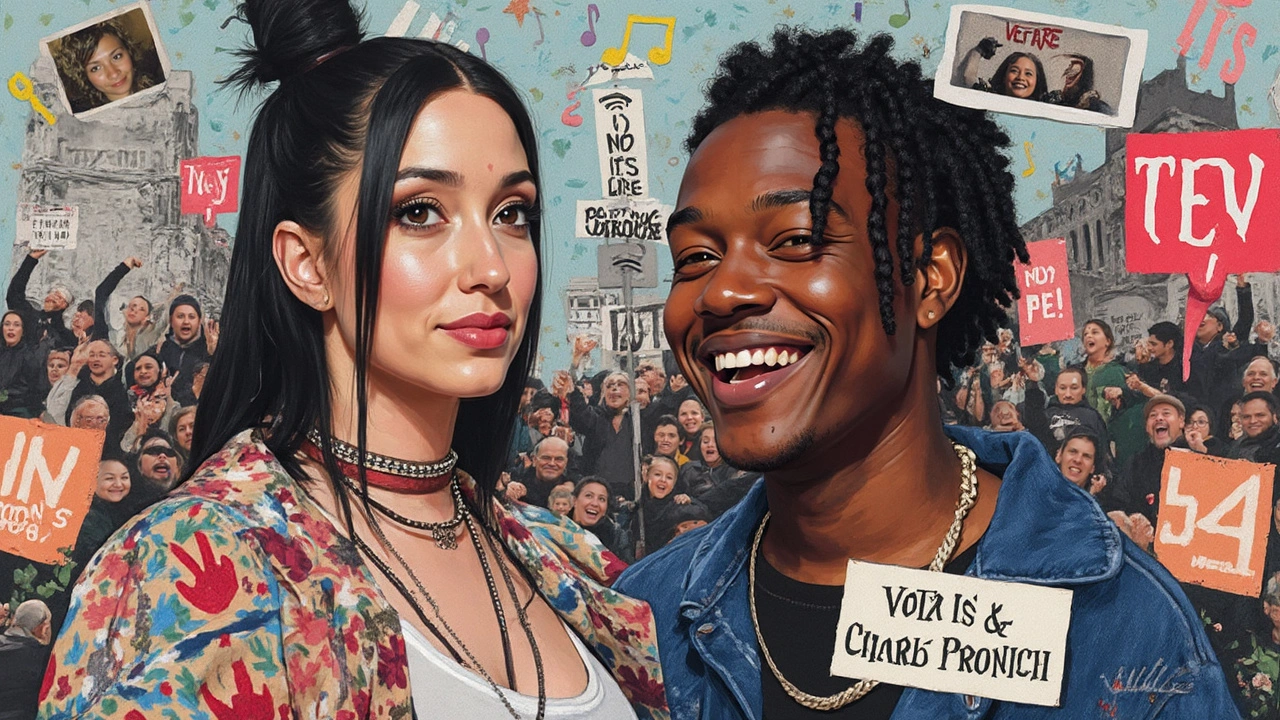
Decoding Political Messages in Songs
Ever heard a song and thought, 'Okay, what's the deal with this line?' Pop music often hides political messages that might not be obvious at first listen. It's like an Easter egg hunt, but instead of chocolate, you uncover powerful calls for change.
Let's break down some ways to spot these messages. Start by listening to the lyrics while considering the context. Artists often write about their lived experiences or issues close to their hearts, so a song might tackle something like social injustice or environmental concerns. Take Childish Gambino's 'This Is America'—it blends catchy tunes with hard-hitting commentary about gun violence and racial issues in the United States.
Look out for specific phrases or metaphors. Artists use creative language to pack punches without being too on the nose. For example, in Katy Perry's 'Chained to the Rhythm,' lines about being 'stumbling around like a wasted zombie' critique societal apathy.
Platforms like Genius offer lyric analyses from fans and experts that delve deeper than the surface. They might provide insights or historical context that enrich the song's message.
It's also useful to know what was going on in the world when the song was released. Current events shape music, and artists frequently respond directly to what's happening around them. Kendrick Lamar's album 'To Pimp a Butterfly' dropped amid debates on race and police brutality—listening to those tracks with that backdrop in mind reveals layers of meaning.
- Critical Listening: Pay attention to lyrical themes and why certain issues are being spotlighted.
- Online Resources: Use tools like Genius to explore interpretations and artist interviews that might reveal more.
- Historical Context: Consider the political climate when the song came out. Artists don't exist in a vacuum.
Deciphering political messages in pop music isn’t just for hardcore fans or cultural critics. By understanding what's being said, you engage with music on a deeper level, appreciating the artistry while getting informed about issues that matter.
Engaging with Music-Driven Movements
Getting involved with movements sparked by pop music is easier than you might think. Social media is a treasure trove of information and inspiration when it comes to music-inspired activism. Follow your favorite artists who are vocal about social issues. From their posts or stories, you can often find ways to support their causes, whether it's through signing petitions, attending virtual events, or simply spreading awareness online.
Streaming platforms like Spotify and Apple Music often have curated playlists highlighting political activism. These playlists not only feature songs that resonate with current social movements but also help you discover artists who are making a difference. It's a great way to feel connected while broadening your musical horizons.
Attending concerts or live events is another fantastic way to get involved. Many artists partner with organizations to provide audiences with actionable steps they can take after the show. These efforts can range from onsite voter registration to fundraising for community charities.
If you're feeling the urge to do more, here are some steps to take inspired by your favorite music:
- Participate in online discussions or forums to connect with like-minded fans.
- Create and share your playlists focused on social change, combining tracks that inspire and provoke thought.
- Support independent artists who may not have the same platform size but are doing meaningful work.
Regular engagement with these outlets not only amplifies the message within the lyrics but also empowers you to drive the change you want to see in the world. Remember, even the smallest actions, especially when joined with millions of others, can lead to big shifts.

